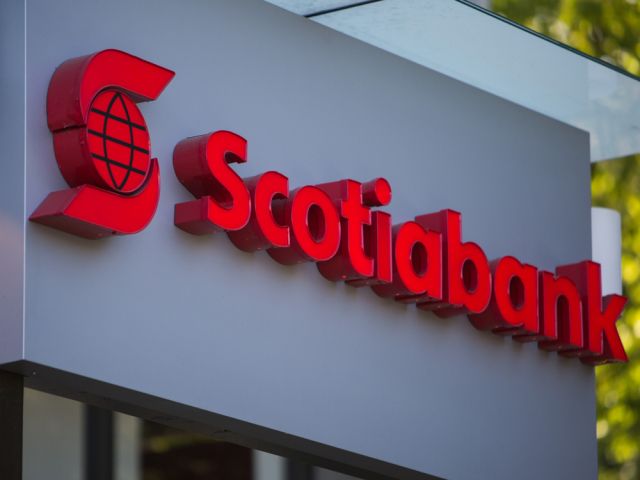…urges Washington DC-based Financial Analyst
With the recent announcement that the Bank of Nova Scotia (Scotiabank) plans to sell out its operations in Guyana and in eight other Caribbean countries, there have been several rigorous debates about what this could mean for the country’s local financial sector.
Washington DC-based Financial Analyst Sasenarine Singh said there is a possibility that if Republic Bank does acquire Scotiabank, it could lead to staff at the latter becoming jobless, and it would indeed have negative implications for the local financial sector.
Singh told Guyana Times International on Tuesday that it is a known fact that Republic Bank is already the largest player in the financial sector and the buyout will be making them even larger.
“And what are they buying? They wouldn’t buy new locations. They are basically buying a loan portfolio and a deposit base. It’s easy for Republic Bank to get rid of most of the properties owned by Scotiabank and merge their portfolios,” he explained.
The financial analyst said too that “Scotiabank staff may lose their jobs. Because it’s very easy for one bank to integrate their loan portfolio and the deposit base into their current network or system and once that happens they don’t need the real estate.”
Singh noted that Government is already struggling to create employment and this would only compound the issue. As such, he said they should consider this because “as a Government, you have the responsibility to the people of Guyana first. And you should not be seen as a Government that is facilitating your people being put out of employment.”
But one of the bigger risks in this issue is allowing one bank having too great a market share of the banking sector. “That is the bigger risk because they will dictate pricing of financial instruments in Guyana. But Singh believes there are more than adequate regulations to evaluate those risks from the Bank of Guyana (BoG) Act and the Financial Institutions Act.
“Because you don’t want to be seen as anti-business but it must not be at the risk of domination of the financial sector by one player. So, I think it is very important that the BoG evaluate the takeover bid and before granting their approval and take into deep consideration the financial impact on the market and the implications for things such as pricing of products, service outlays to the market,” he added.
Pause transaction
Further, Singh told this newspaper that there was already a severe amount of complaints at the retail base and people were complaining about services offered by some of the banks, in particular the one that seems to be in the driver’s seat in this transaction. “So there are all kinds of benchmarks that the BoG should consider and I would ask that they ask for a pause in the transaction as they evaluate properly whether to give their blessing or not.”
He said in any country, as a regulator, the primary focus should be to make sure that the people who are being regulated are best serving the market place.
Singh also pitched the idea of consulting with the local Private Sector to see who was willing to take over the assets from Scotiabank and run it as a new and independent indigenous bank. He said consideration should also be given to other banks operating in the Caribbean.
“But it is important that we watch that anti-trust issue and the possibility of monopolistic domination of the market by one player. I have nothing against Republic Bank but as a Guyanese it is important to me and many others that we get the most competitive pricing for our financial products,” he added.
Several groups and individuals have raised similar concerns urging that the BoG not allow the sale of Scotiabank’s assets to fall in the hands of Republic Bank.
Government, on the other hand, has said the agreement “raises a number of issues for the banking sector in Guyana and for the public which the Finance Ministry, the Bank of Guyana and the Government of Guyana will need to carefully consider”.
The Trinidad-based Republic Financial Holdings Limited (RFHL) said recently that it had entered into an agreement to acquire Scotiabank’s banking operations in nine Caribbean countries.
It said banks being acquired were located in Guyana, St Maarten, Anguilla, Antigua and Barbuda, Dominica, Grenada, St Kitts and Nevis, St Lucia, and St Vincent and the Grenadines. Further, the purchase price is US$123 million, which represents US$25 million consideration for total shareholding of Scotiabank Anguilla Limited; and a premium of US$98 million over net asset value for operations in the remaining eight countries. (Samuel Sukhnandan)




